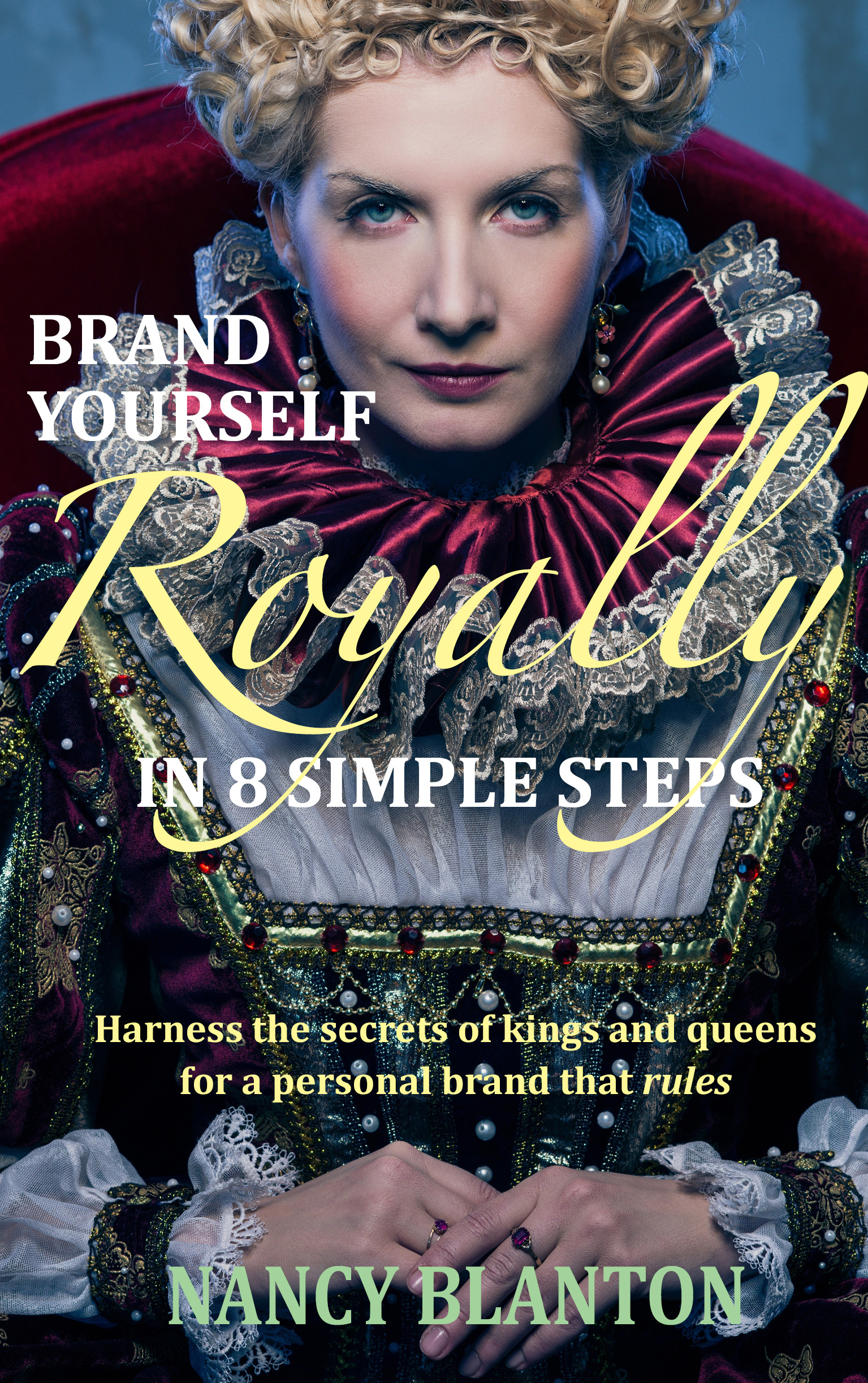Lieutenant Doherty and President Lincoln's assassin
/In honor of President Lincoln's upcoming birthday I am reblogging content about him including new information. I write frequently about Irish history and just learned that the man who led the capture of Lincoln's assassin was an Irishman. Although born in Canada in 1838, Edward P. Doherty was the son of Irish immigrants from County Sligo in the northwest corner of the republic.
![Mathew Brady [Public domain], via Wikimedia Commons](http://static1.squarespace.com/static/55c7b929e4b01a7e8519521a/5a0e08c188199e934da9f9f3/5a0e08cb88199e934da9fc4a/1510869195237/capt-_edward_p-_doherty_cropped-_nara_-_525689.jpg?format=original) Doherty became First Lieutenant in the 16th New York Cavalry in 1863. Alan Parker writes:
Doherty became First Lieutenant in the 16th New York Cavalry in 1863. Alan Parker writes:
"Doherty was a big, bluff man with an aggressive, ambitious personality. What he lacked in finesse and polish, he made up for with confidence and determination."
(I urge you to read Parker's colorful and detailed account of the capture.)
On the night of April 14, 1865 Doherty was called to action, to lead his men in pursuit of Booth and his accomplice who had fled Ford's Theatre after firing Lincoln's fatal shot and had crossed the Potomac River into Virginia. Doherty's men located and surrounded Booth in a barn where he was hiding, but Booth refused to surrender. They set fire to the barn and when the firelight revealed Booth's location inside, Sergeant Boston Corbett shot him through a crack in the barn wall -- intending to wound him in the arm, but Booth moved suddenly as the shot was fired and the bullet hit him in the head.
Booth lingered for hours, similarly to Lincoln, but died at the Virginia farmhouse and later was buried under the floor of a Washington, D.C. prison. Doherty died two years later at age 59 and was buried in Arlington National Cemetery.
My initial post about Lincoln focused not on his assassination, but on his persona, the cornerstone of the personal brand that helped him win the presidential election.
Every school kid knows the story of the impoverished Abraham Lincoln, growing up in a log cabin and reading books by candlelight. As Alan Brew writes,
"Lincoln’s life exemplifies what has been variously labeled 'the American dream,' or 'the right to rise' from rags to riches. In Lincoln’s case it is quite literally a rise from a log cabin to the White House. His story is the embodiment of Lincoln brand: gritty determination, honesty, family values, unswerving belief in America and the basic rights of his fellow men. His life offers a powerful testimony to dream. It is what ordinary Americans want to believe about social mobility and the opportunity to get ahead."
In fact, he was a highly intelligent lawyer and was one of the first presidents who was actively branded and marketed to the voting public by his political campaign. Sociology professor and author Jackie Hogan said in an interview, "There were all kinds of theatrics: pulling up a fence rail and parading around saying this fence rail was split by Abraham Lincoln. They created an image of him as an average Joe, and in many ways, he was not an average Joe. But he was very happy to ride that reputation into the White House.”
What Lincoln had that other presidents, and royals, lacked, was access to new technology, and he used it to advantage to receive and distribute information. This new technology was the telegraph. It had been used primarily by the banking and financial industry, but Lincoln was the first president to use it for wartime communication.
"Like social media the telegraph is an electronic form of communication. The telegraph increased the speed at which information and communication could be received. It changed the world, it changed war, and it changed daily life."
Lincoln certainly had his detractors. It would be impossible not to, leading a nation in the time of a civil war. Booth and his band had called him a tyrant. But Lincoln rose to power through his intellectual leadership, and in many cases was able to diffuse contentious situations through his powerful oratory. He was able to define, in elegant and often poetic layman's terms, the sides and meanings of an issue. Today we might call that "content marketing."
And though some thought his physical appearance awkward, he did try to look the elegant part. "At his second inauguration, Abraham Lincoln wore a coat specially crafted for him by Brooks Brothers. Hand-stitched into the coat's lining was a design featuring an eagle and the inscription, 'One Country, One Destiny.' He  was wearing the coat and a Brooks Brothers suit when he was assassinated."
was wearing the coat and a Brooks Brothers suit when he was assassinated."
The story about Lincoln's personal brand is featured in my book, Brand Yourself Royally in 8 Simple Steps, available at amazon and B&N. To learn more about Doherty, see the story here.
Please visit nancyblanton.com for more information about my books and to sign up for newsletter updates.








